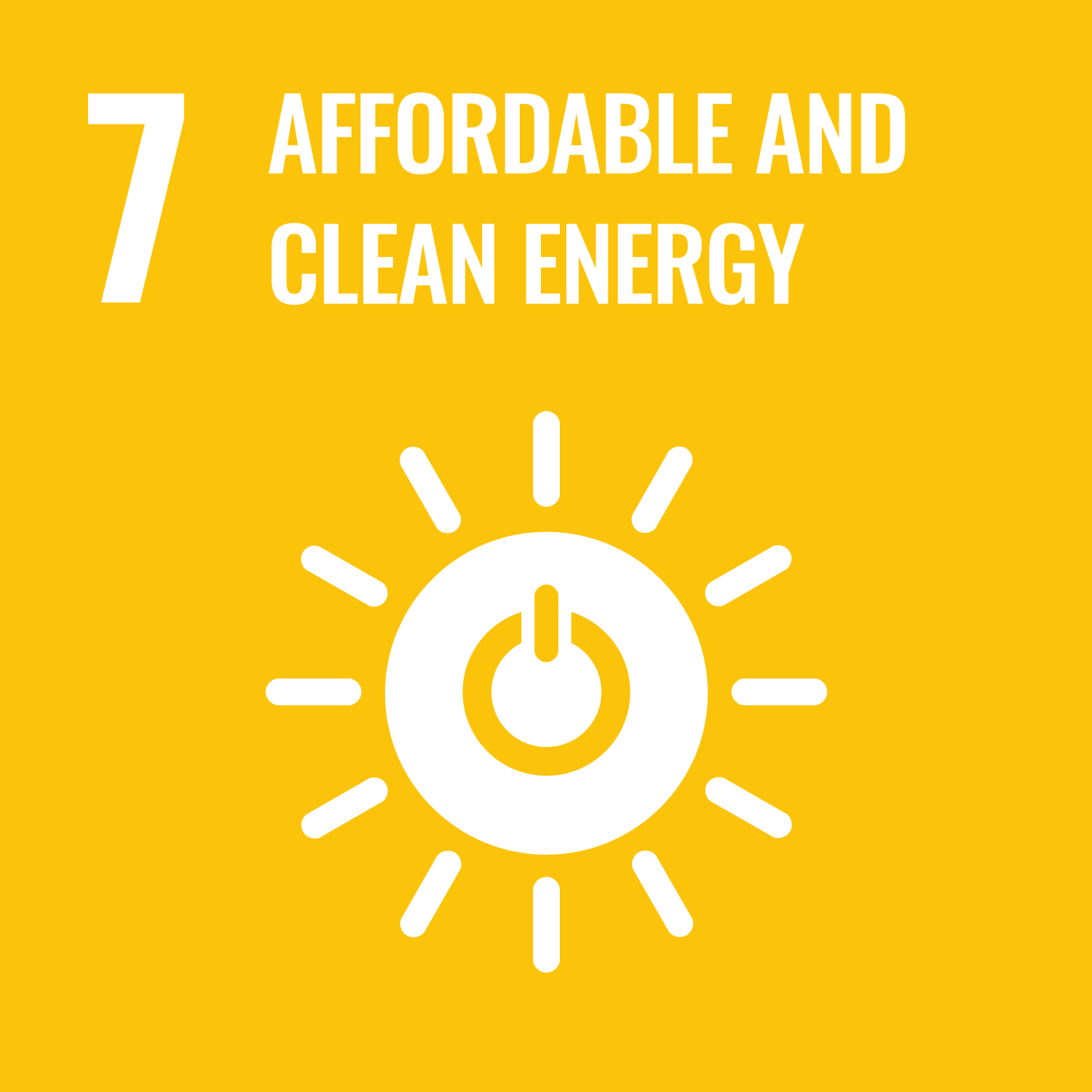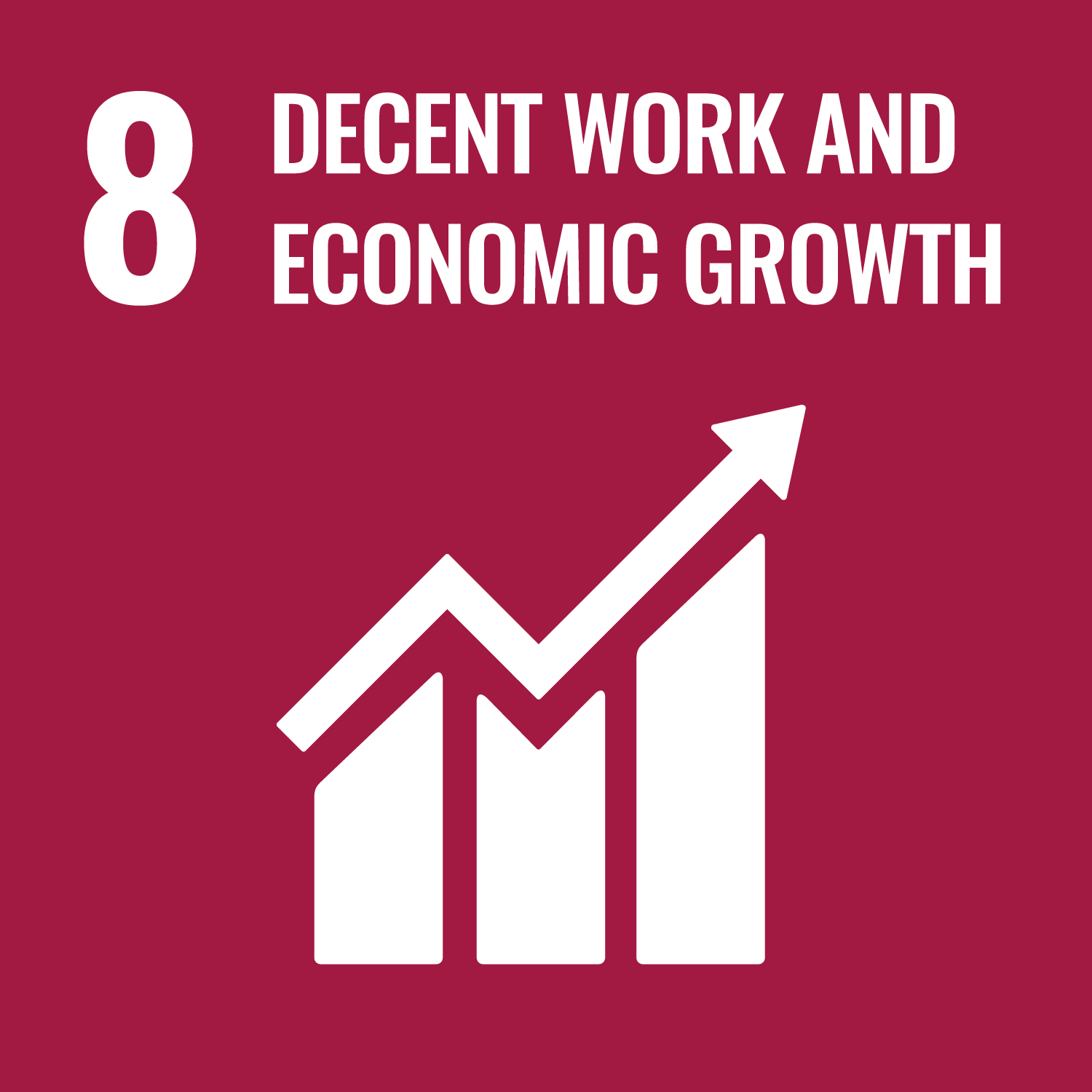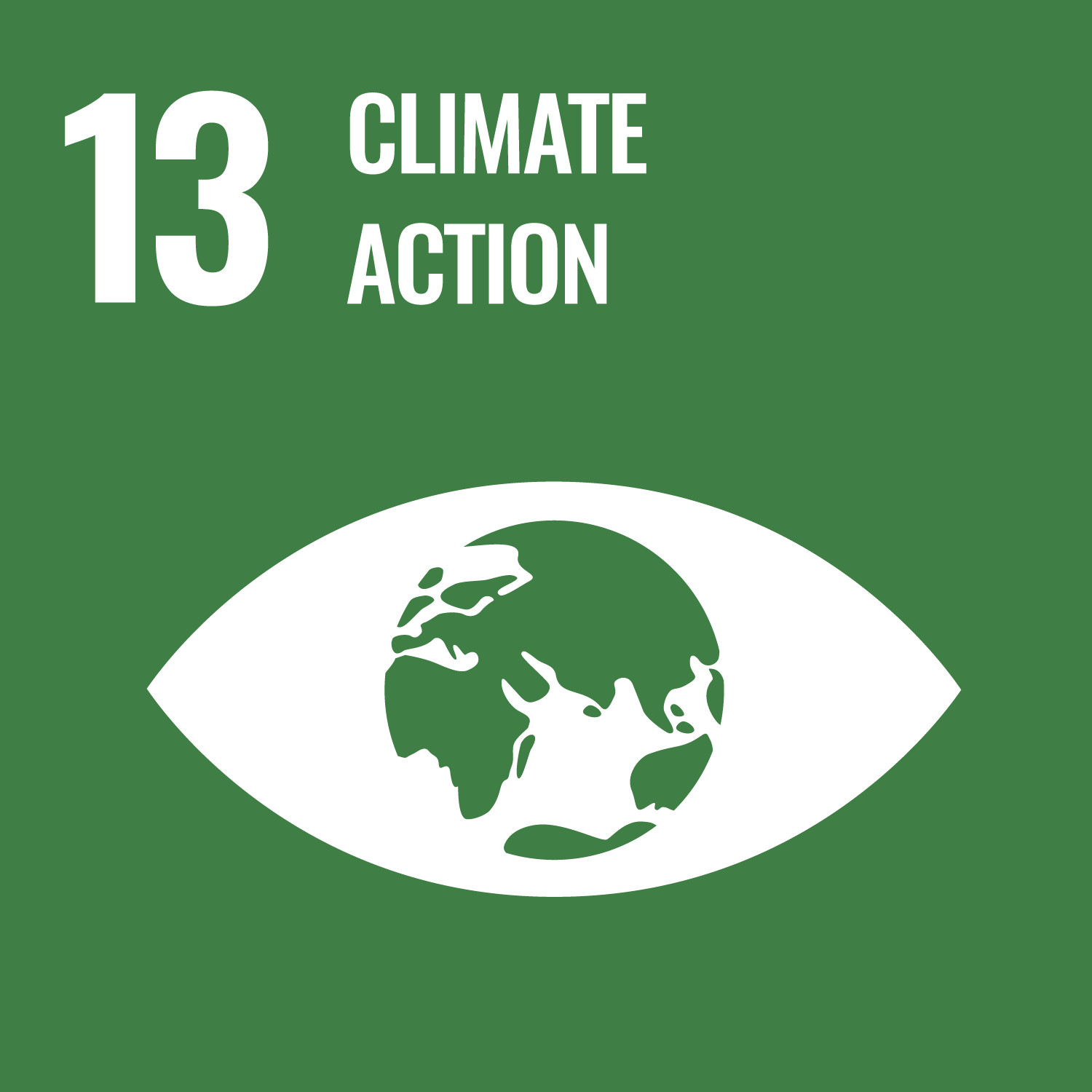PROJECT DETAILS
| Project Submission No. | S00721 |
|---|---|
| Project Title | Karakurt HEPP |
| Project Owner(s) (as per PSF & LOA) | Bilsev Enerji Üretim ve Ticaret A.Ş.; SEKANS ENERJİ LİMİTED ŞİRKETİ |
| Submission Date | 2022-06-20 |
| Global Stakeholder Consultation Period |
2022-12-12 to 2022-12-26 |
| Sector | 1.Energy industries (renewable-/non-renewable sources) |
| Project Type | Hydro Power |
| GCC/CDM Methodology & Version | CDM Approved ACM0002 Grid-connected electricity generation from renewable sources, version 21.0 |
| Forecasted GHG Emission Reduction (tCO2e/Year) |
|
| Forecasted E+ Label | Yes |
| Forecasted S+ Label | Yes |
| Forecasted SDG+ Goals |



|
| Forecasted SDG+ Label | Silver |
| Forecasted Market Eligibility | C+ - Pilot Phase |
|
Location Details
Open Full Map
|
|
| Country |
Türkiye
|
|---|---|
|
Focal Point of Project Owners
|
Sekans Enerji Limited Sirketi |
| Email of Contact Person of FP (Primary) | sila@sekansdanismanlik.com |
| Email of Contact Person of FP (Secondary) | deniz@sekansdanismanlik.com |
| Name of Authorized External Representative Organization | - |
| Name of Focal Point of External Representative | - |
| Email-id of External representative | sila@sekansdanismanlik.com |
| Documents for Global Stakeholder Consultation | Project Submision
Calculation Sheet Other Documents |
| Project Brief | The Karakurt Dam and HEPP is a new built hydroelectric power plant, located in Kars Province, Turkey owned by Bilsev Enerji Üretim ve Ticaret A.Ş. The generation license of the project was issued in 02/06/2022 for 37 years. The project has an installed capacity of 99.50 MWm/96.99 MWe, and annual generation is estimated to be 346,320 MWh. The purpose of the Project is to produce renewable electricity using hydro as the power source and to contribute to Turkey’s growing electricity demand through a sustainable and low carbon technology. The project will displace the same amount of electricity generated by the grid dominated with fossil fired power plants. The annual emission reduction estimated by the project is 197,610 tonnes of CO2. |
|---|
© 2025 Global Carbon Council